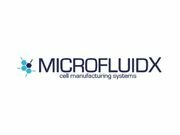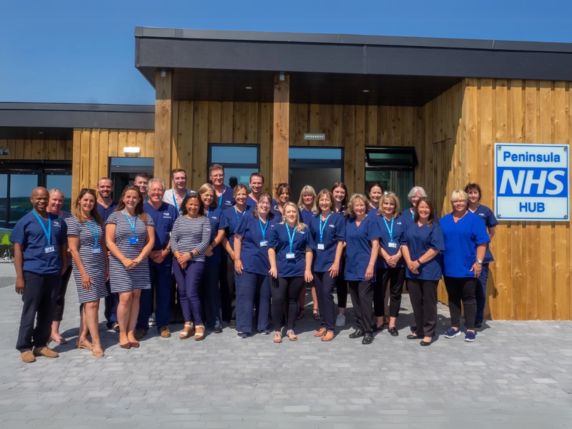Harper James Solicitors has helped a UK biotech start-up firm secure a major investment boost, which will enable the company to rapidly accelerate its life-changing work. MicrofluidX – which specialises in developing technology for cell and gene therapy manufacturing – has raised £1.4m in seed funding. The cash injection comes despite the global Covid-19 pandemic which has seen many deals put on hold. Harper James Solicitors have been working with MicrofluidX for the past six months.
Corporate partner Adam Kudryl said: ‘We are delighted to have helped MicrofluidX with this round of investment. It will ensure their vital work can be taken to the next level. The deal underlines that despite the challenges which currently exist for start-ups, investment is still being offered and deals are still being done.’
Antoine Espinet, Founder and CEO of MicrofluidX, said the deal would enable his London-based company to be able to embrace the future with optimism: ‘We are thrilled to close this initial funding round. The funding will be used to further develop our technology, as well as fund trials with our partners.’
Antoine added: ‘We are grateful for the help received from Harper James. They brought excellent advice to make sure we were getting the best deal and assisted us on all stages on this fundraising exercise.’
The MicrofluidX funding comes from leading seed investors UK Innovation & Science Seed Fund (UKI2S), Longwall Ventures, Moulton Goodies Limited, and 88 Capital, with contributions from the Cambridge Angels.
The company will develop its novel cell bioprocessing technology, using microfluidics to tackle the challenges associated with bioprocessing for cell and gene therapy.
Pablo Lubroth, Investment Manager at UKI2S, commented: ‘There is a clear unmet need in cell and gene therapy manufacturing. The key issues such as cost of goods, batch variability and scalability can all be addressed using MicrofluidX technology. The downstream effects of solving these manufacturing problems will lead to cheaper advanced therapeutics and faster manufacturing timelines, and in turn increase the adoption of these disease-modifying and life-changing therapies.’







